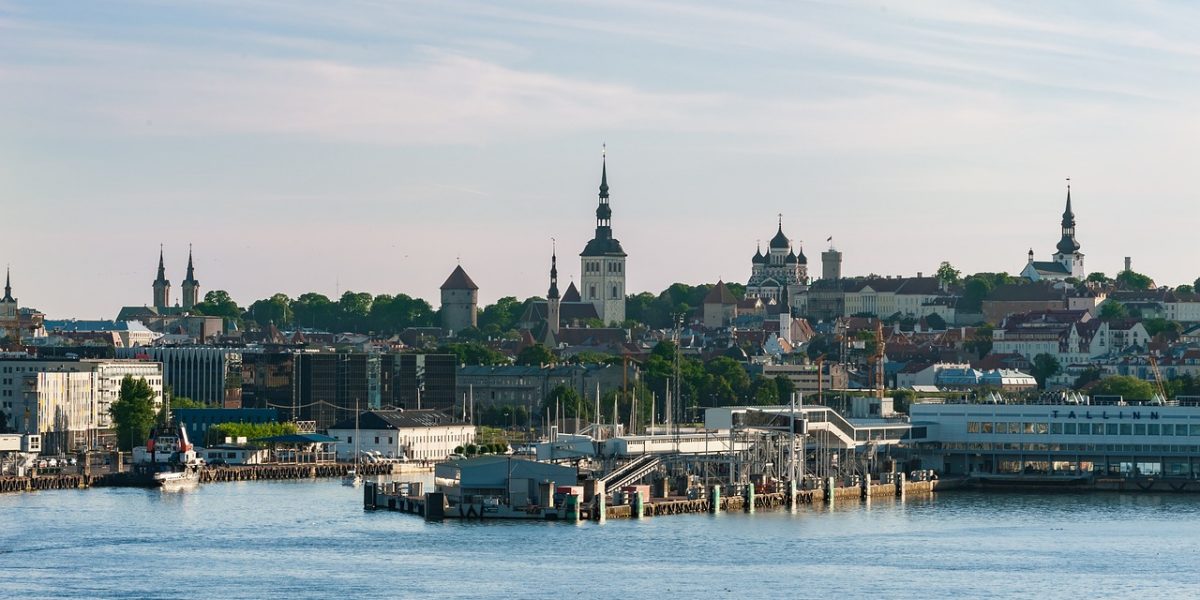
Deadline: 9 May 2019
Open to: citizens of one of the Eurasia Programme target countries and be permanently residing in one of these countries; doctoral students enrolled in a PhD programme
Benefits: the fellowship covers travel, visa, accommodation, health insurance and living costs during the fellowship period + monthly scholarship of EUR 1200/1500
Description
The University of Tartu (Estonia) announces a call for applications for doctoral candidates and PhD-holding academics in the Social Sciences for a five-month fellowship at the Johan Skytte Institute of Political Studies, supported by the Eurasia Programme of the Open Society Foundations. The call is addressed to citizens of Armenia, Azerbaijan, Belarus, Georgia, Kazakhstan, Kyrgyzstan, Moldova, Tajikistan, Turkmenistan, Ukraine and Uzbekistan.
The purpose of the fellowship programme is to enable scholars from the target countries to develop analytical and research skills and build international networks by participating in a five-month resident fellowshipprogramme at the Johan Skytte Institute of Political Studies at the University of Tartu.
The project will support two fellows (one PhD candidate and one Post-doctoral Fellow) for a five-month period (August 12, 2019 – January 12, 2020). Fellows will be resident scholars at the Johan Skytte Institute of Political Studies at the University of Tartu (see also Host Institution, below.) They will work on their individual research projects under the supervision of a senior academic. During the fellowship they will have the opportunity to improve their analytical skills, research methodology and writing by making use of resources, supervision and training provided by the host institution. Upon each fellow’s acceptance, relevant interests and training needs will be assessed, and an individual work plan will be agreed upon by the fellow and a host institution, detailing activities and outcomes to be achieved. The fellows are expected to write one or several research or policy papers and present this work at a conference, workshop or research seminar. Fellows will have access to training opportunities (including graduate-level courses on a range of topics) and research infrastructure such as libraries, databases and computing facilities. In addition, fellows are expected to actively participate in the academic life of the host institution, attending research colloquia, conferences, workshops, and other events organized by the Skytte institute.
The fellows will also be able to draw on the competences of the host organization’s partners as well as will be encouraged to participate in international conferences in the region and across Europe.
Following the completion of the fellowship, participants will be encouraged to remain in contact with new colleagues and the Eurasia Programme’s alumni network.
Eligibility
- Applicants must be a citizen of one of the Eurasia Programme target countries (Armenia, Azerbaijan, Belarus, Georgia, Kazakhstan, Kyrgyzstan, Moldova, Tajikistan, Turkmenistan, Ukraine or Uzbekistan) and be permanently residing in one of these countries;
- Applicants for the doctoral fellowship must be doctoral students enrolled in a PhD programme* in the Social Sciences (preferably in Political Science or International Relations) at an institution of higher education in one of the programme countries (for at least one year at the time of applying);
- Applicants for the postdoctoral fellowship must be young scholars who have been awarded a PhD (or candidate degree)* in the Social Sciences (preferably in Political Science or International Relations or a closely related field) during a period of six years preceding the application deadline;
- Applicants should have a very good command of English (be able to follow lectures and write academic or policy papers in English);
- Preference will be given to individuals whose work has potential to make a significant contribution to the public interest and to building open societies, as well as to individuals who face the risk of isolation or marginalization in their home country. Individuals who have already spent considerable time in the EU or North America, and have extensively benefited from comparable fellowship programs, will, as a rule, not be selected for support.
*For the purposes of this programme, a candidate degree (kandidatskaya) awarded in several Eurasian countries is considered to be an equivalent of a doctoral degree awarded in the Western system. Thus, the definition of a doctoral candidate includes those working towards their candidate degree.
Benefits
The fellows are supported by a grant from the OSF Eurasia programme, administered by the University of Tartu. The grant covers travel, visa, accommodation, health insurance and living costs during the fellowship period. Specifically, the PhD candidate will receive a monthly scholarship of 1200 euros, while the Post-Doctoral Fellow will receive a net salary of 1500 euros per month.
The fellows are expected to cover accommodation and living costs from the monthly income specified above. The host institution will provide assistance in arranging suitable accommodation (options include single room in a modern dormitory or hostel, or a small rental apartment).
Additionally, expenses for one-time roundtrip travel to Tartu will be covered along with relevant visa and insurance fees. Air tickets will be arranged and covered directly by the University of Tartu. Visa and insurance fees must initially be incurred by the Fellow but will be reimbursed upon the Fellow’s arrival to Tartu. In addition, limited funding will be available for professional travel in the region (e.g. attending a conference outside of Estonia during the fellowship period).
The programme does not provide any support to the fellows’ family members. The fellow is expected to be present in Tartu for the entire duration of the fellowship, with the exception of professional travel (e.g. conference attendance, visits to partner institutions) approved by the host institution.
How do I apply?
Application documents should be sent electronically to eurasiafellows@ut.ee
For more information, please visit the official web page.


